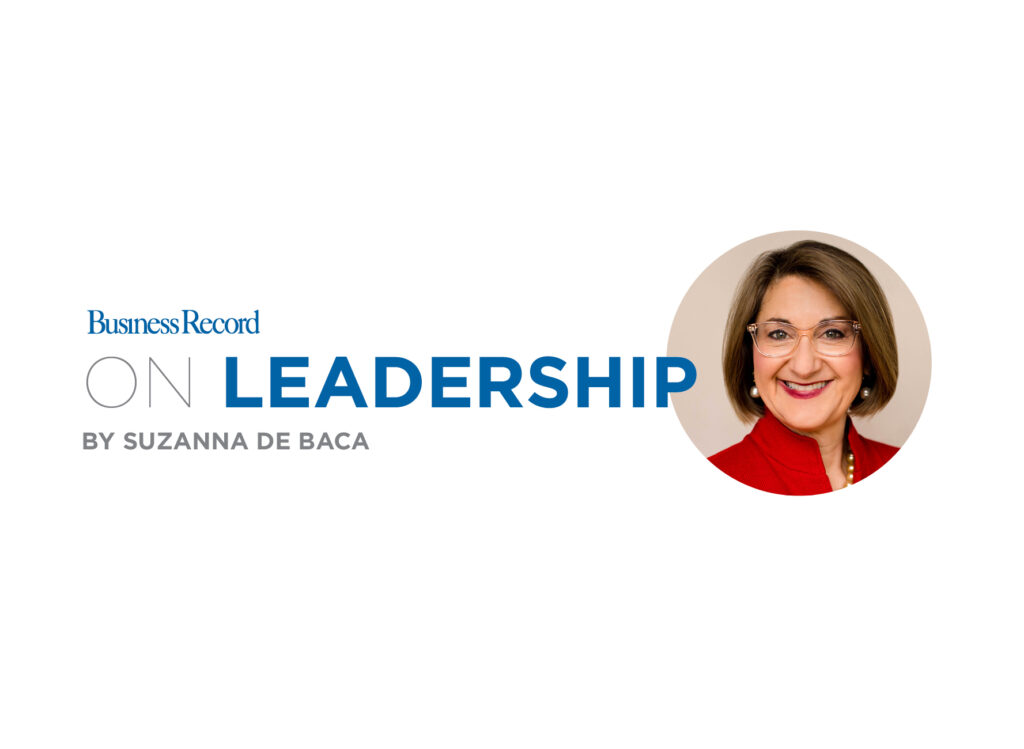GUEST OPINON: Longer lives call for better plans

In 1900, the average life span in the United States was 47 years. Today, life expectancy is approaching 80. Every day, 8,000 people turn 60. When Social Security was established in 1935, people older than 65 were no longer considered productive, based on mortality risk. We know to adjust 1935 dollars to 2011 dollars – we also need to adjust our expectations for people in 1935 with those for people in 2011.
Though the life span has expanded, our imagination and creativity regarding what to do with this extra time has not. The anthropologist Mary Catherine Bateson says, “We’re living longer and thinking shorter.” It is time to adjust our thinking about this emerging phase of life for so many.
Retirement is an antiquated term. The word is derived from the French retirer, which means going off into seclusion. Other words often associated with the word “retire” include: leave, cease, retreat, put away and withdraw. This is hardly what we should be doing.
Much of retirement planning is financial planning, but there is a lot more to consider than money. Once a person has “enough” money to be financially secure, then it is important to do the intellectual, emotional and spiritual work needed to prepare for what comes next.
Marc Freedman, founder of the Civic Ventures think tank and author of the new book “The Big Shift: Navigating the New State Beyond Midlife,” believes this surge of people into this stage of life is one of the most important social phenomena of this century. “Never before have so many people had so much experience and the time and the capacity to do something significant with it,” he says. “That’s the gift of longevity, the great potential payoff on all the progress we’ve made extending lives. Realizing these possibilities will require the courage to break from old and familiar patterns that once were our friends, but just don’t work any longer.”
Freedman says it is time for a big shift in thinking and in culture, both personally and socially recognizing that organizations and policies need to change in order to enable people to reach their full potential in the future.
Maybe what we have been calling “midlife crises” are really about the necessity of “midlife change,” and the crisis is that we are navigating in uncharted territory with no good map. Some are calling this the do-it-yourself shift, because for this life transition there are few instructions, it is not easy, and it takes time – and we are extremely impatient in this 24/7 world of instant technology. We need to understand this life transition to manage ourselves, lead others through this phase, and help design and redesign organizations in order to leverage the knowledge and wisdom of Baby Boomers.
Jann Freed (freedj@central.edu) holds the Mark and Kay De Cook Endowed Chair in Leadership and Character Development at Central College in Pella.







